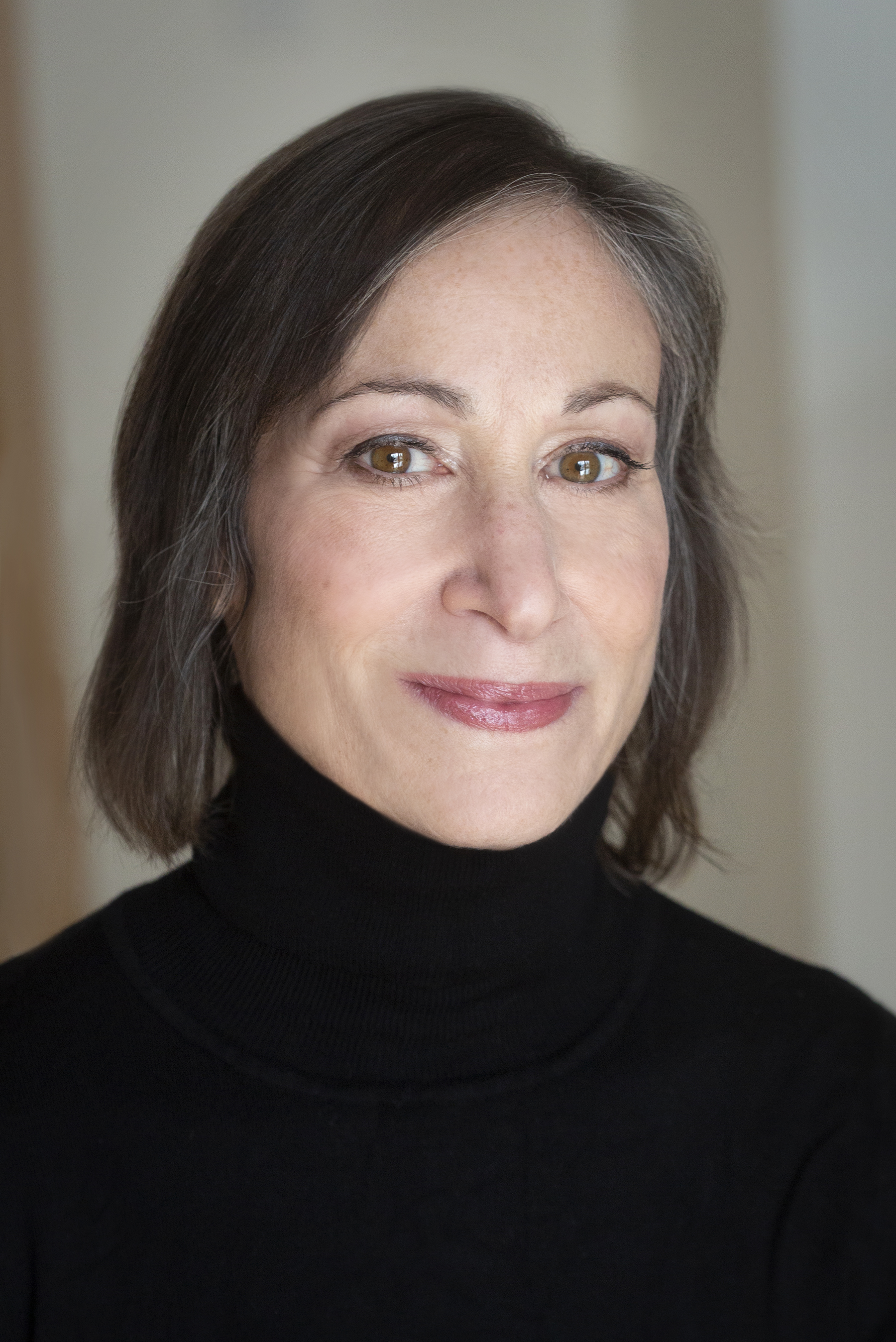
Every summer my husband and I take a bicycling trip. It has provided an opportunity for us to see parts of the world we would not have otherwise visited, while remaining active. Our trips are headed up by young, passionate, talented leaders who have taught us a tremendous amount. They have made our trips enjoyable and safe, and they have also demonstrated true leadership. They are not only experts in local languages and culture and skilled bicyclists in top physical shape, but they are able to maneuver a van up mountains and through the tightest of spots. We are always unbelievably impressed with the leadership skills of these young people.
Strong leadership is not easy. This week’s Torah portion, parashat Korach, addresses issues related to leadership and its challenges. In Korach, members of two of the tribes of Israel rise up against Moses and Aaron—and both groups are destroyed. First, Korach, a cousin of Moses and Aaron, joins with other Levi’im to challenge Aaron’s exclusive right to the priesthood, saying “for all the community are holy” (Numbers 16:3). Although Moses appeals to God not to punish Korach and the Levi’im for their challenge, God provides a fire, which consumes Korach and his representatives, along with a plague, which kills many.
Second, Datan and Aviram, of the tribe of Reuben, challenge the leadership of Moses—one of a number of times that the people of Israel show their unhappiness with traveling through the wilderness. God’s punishment for Datan and Aviram, and all of their families, is to allow the ground to open up below and swallow them.
It is difficult for us to understand the types of challenges faced by the Jewish people in the time of Moses and Aaron. It is also difficult to understand how these leaders were unable to work out differences, with such horrifying results. Nonetheless, we do understand that often, we must face difficulties, in order for real change to take place.
Since I returned from WRJ’s inaugural Social Justice Conference and the Religious Action Center’s Consultation on Conscience, I have been unable to get the words of Carrie Newcomer’s song, “If Not Now” out of my head. During that week in Washington, D.C., I had the privilege to observe leadership at its best. In particular, I saw the Reform Movement’s young leadership—our Movement’s teenage NFTY leaders, our college students, and our 20-something national leaders—demonstrate their passion for facing difficult times with strength. Reform Movement young leaders are taking action with respect to gun violence prevention, immigration reform, and LGBTQ issues, amongst others. As with my young bicycling leaders, we can learn much from the next generation’s passion, action, and ability to stand up for what is right, as there are so many injustices that need addressing in our world right now.
As Women of Reform Judaism, it is important that we engage and include our Movement’s young leaders in what we do—so that we can both try to inspire and take inspiration from them. As leaders, we feel frustration at times, as we try to create change. In this week’s parashah, Moses sets an example for us as a strong, compassionate leader; he not only listens and tries to reason with those who rebel, he also tries to convince God to show mercy. In order for us all to grow as leaders, as Moses does, we must consider all viewpoints and keep in mind the best interests of our community. In this way, we don’t separate ourselves from the community, as Korach did. Rather, we join with our community and immerse ourselves in it, remembering that all in our community and world are holy.
Following the RAC’s Consultation on Conscience, ReformJudaism.org published an article on actions we can all take, as Reform Jewish leaders. Five specific actions that are identified include:
- Write to your member of Congress on important issues—check out the RAC’s online Legislative Action Center for support.
- Set up an in-person meeting with your member of Congress at their local office.
- Urge your congregation to sign the RAC’s Brit Olam, a commitment to help create a more just world. WRJ is staffing the reproductive justice issue!
- Join with the RAC in its state-level advocacy work, if you live in California, Illinois, New York, Ohio, or Texas, where the RAC currently has local organizers.
- Keep informed about the Reform Movement’s social justice work—visit rac.org/subscribe and wrj.org to sign up for email updates.
As part of the RAC’s Brit Olam initiative, WRJ has committed to work with the RAC on its Reproductive Justice Campaign. This work will be a part of our #WRJWomenAct advocacy work—and we hope that all will join with us on this urgent issue.
If we don’t use our role as leaders now, then when? We must act with understanding and with strength, learning from each other and all in our community. In that way, we truly will be stronger together, and we can make a difference in our world.
Judy Wexler is a past synagogue and sisterhood president at North Shore Congregation Israel in Glencoe, Illinois. She is Recording Secretary of WRJ Midwest District and a WRJ North America board member. Judy is also a member of the Commission on Social Action of Reform Judaism.
Related Posts

Parashat Yom Rishon shel Rosh HaShanah

Cultivating a Culture of Accountability and Belonging


